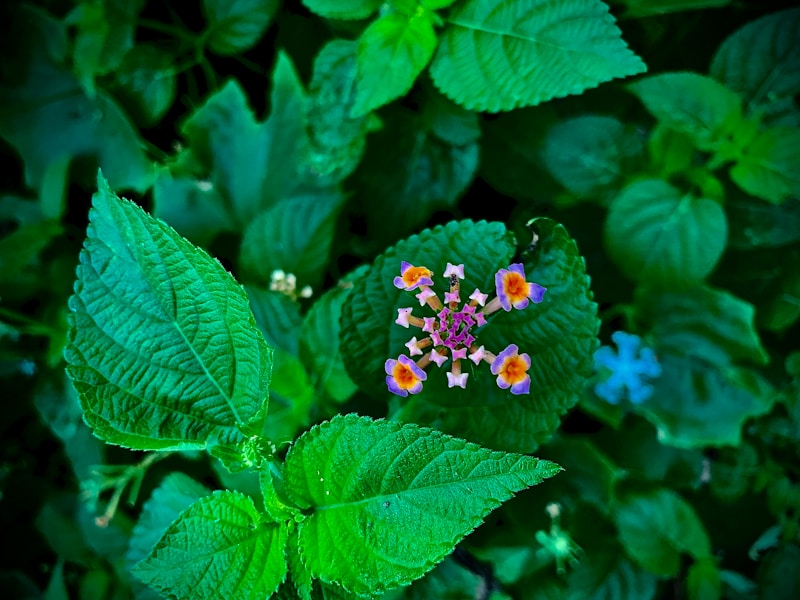9 Questions
What is paraherbalism?
What is the most common form in which herbs are administered?
What percentage of herbal supplements sampled in a 2013 study contained no trace of the herb listed on the label?
What criticism has herbalism faced?
What is the current regulation of herbal remedies by the FDA?
What is Ayurvedic medicine?
What is the Natural Product Number or Homeopathic Medicine Number required on the label of licensed herbal medicines or dietary supplements in Canada?
What is the concern with respect to the consumption of herbs?
What is the prevalence of the use of traditional medicine in Africa?
Summary
Herbal medicine is the study of pharmacognosy and the use of medicinal plants, which are a basis of traditional medicine, with limited scientific evidence for the safety and efficacy of many plants used. Paraherbalism describes alternative and pseudoscientific practices of using unrefined plant or animal extracts as unproven medicines or health-promoting agents. Archaeological evidence indicates that the use of medicinal plants dates back to the Paleolithic age, approximately 60,000 years ago. The use of herbal remedies is more prevalent in people with chronic diseases, such as cancer, diabetes, asthma, and end-stage kidney disease. There are many forms in which herbs can be administered, the most common of which is a liquid consumed as a herbal tea or a (possibly diluted) plant extract. Consumption of herbs may cause adverse effects, and there is concern with respect to the numerous well-established interactions of herbs and drugs. A 2013 study found that one-third of herbal supplements sampled contained no trace of the herb listed on the label. Practitioners of herbalism exist in some countries, with formalized training and minimum education standards. The U.S. Food and Drug Administration has issued warning letters to numerous herbalism companies for illegally marketing products under "conditions that cause them to be drugs under section 201(g)(1) of the Act [21 U.S.C. § 321(g)(1)], because they are intended for use in the diagnosis, cure, mitigation, treatment, or prevention of disease and/or intended to affect the structure or any function of the body" when no such evidence existed. Herbal remedies are regulated dietary supplements by the Food and Drug Administration (FDA) under current good manufacturing practice (cGMP) policy for dietary supplements.Herbalism: Use of Plants for Medicinal Purposes
- Manufacturers of herbal products do not need to prove their safety or efficacy provided they do not make 'medical' claims or imply uses other than as a 'dietary supplement'.
- Canada's Natural and Non-prescription Health Products Directorate requires an eight-digit Natural Product Number or Homeopathic Medicine Number on the label of licensed herbal medicines or dietary supplements.
- Cannabis and coca are banned in most countries, although coca is legal in most of the South American countries where it is grown, and cannabis is used as an herbal medicine and is legal in some parts of the world.
- Herbalism has been criticised for unreliable product quality, safety hazards, and potential for misleading health advice.
- There are no standards across various herbal products to authenticate their contents, safety or efficacy, and there is no high-quality scientific research on product composition or effectiveness for anti-disease activity.
- Unethical practices by some herbalists and manufacturers, which may include false advertising about health benefits on product labels or literature, and contamination or use of fillers during product preparation, may erode consumer confidence about services and products.
- Paraherbalism is the pseudoscientific use of extracts of plant or animal origin as supposed medicines or health-promoting agents.
- Up to 80% of the population in Africa uses traditional medicine as primary health care.
- Native Americans used about 2,500 of the approximately 20,000 plant species that are native to North America.
- Some researchers trained in both Western and traditional Chinese medicine have attempted to deconstruct ancient medical texts in the light of modern science.
- In India, Ayurvedic medicine has quite complex formulas with 30 or more ingredients, including a sizable number of ingredients that have undergone "alchemical processing".
- Indonesia's jamu traditional herbal medicine may have originated in the Mataram Kingdom era, some 1,300 years ago.
Description
Test your knowledge on the fascinating world of herbal medicine! From ancient practices to modern regulations, this quiz covers a wide range of topics related to the use of medicinal plants. Challenge yourself on the safety and efficacy of herbal remedies, the prevalence of their use, and the potential risks associated with consumption. Discover the differences between herbalism and paraherbalism, and learn about traditional practices in different cultures around the world. This quiz is perfect for anyone interested in natural remedies and alternative medicine.


